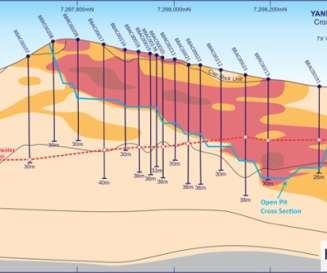Shell delivers more Brazil deep-water production from Parque das Conchas; 3rd phase of project
Green Car Congress
MARCH 15, 2016
Shell and its joint venture announced the start of oil production from the third phase of the deep-water Parque das Conchas (BC-10) development in Brazil’s Campos Basin. The development is the first of its kind based fully on subsea oil and gas separation and subsea pumping.

















Let's personalize your content